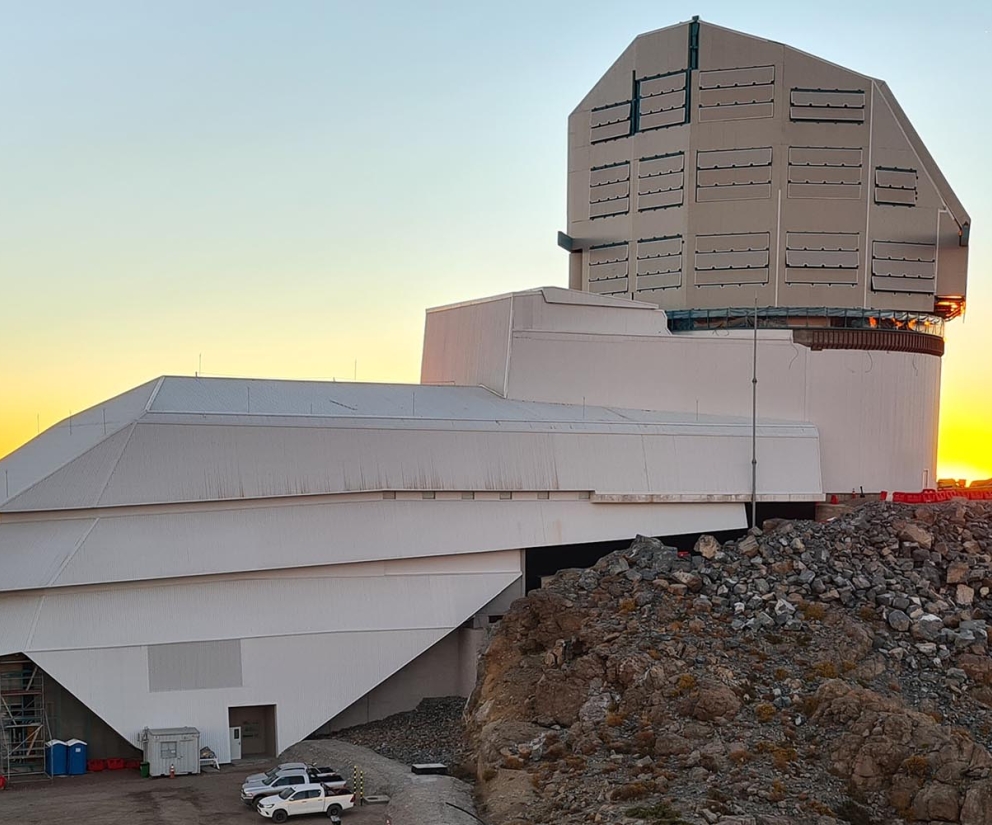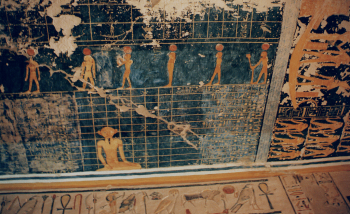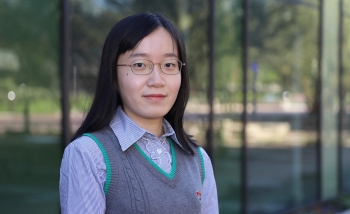Luis Lehner elected fellow of the American Physical Society
PI Associate Faculty Member Luis Lehner has been elected as a Fellow of the American Physical Society (APS), for his "important contributions to numerical relativity, most notably in the areas of black hole simulations, general relativistic magnetohydrodynamics, and algorithm development."
According to PI Director Neil Turok, "This is timely and well-deserved recognition — Professor Lehner is a pioneer of modern efforts to extract definite predictions for the behavior of black holes and other strongly gravitating systems from Einstein's equations. With observational tests using gravitational wave astronomy expected in the near future, his work is expected to play a key role in helping us better understand some of the most violent and fascinating events in the universe, including black hole collisions, and, in time, perhaps even the big bang singularity itself."
Beginning in 2003, Lehner led an international effort to develop a computational infrastructure to perform simulations of highly dynamical, strongly gravitating systems, which led to several scientific breakthroughs: the first study of the dynamics of magnetized neutron star mergers (2008); the first simulation of the effects of a recoiling black hole on a surrounding disk (2009); and the first study of the effects of a binary black hole on electromagnetic fields and surrounding plasma (2010). With colleague Frans Pretorius of Princeton University, he unraveled the final fate of "black strings" (2010), the higher dimensional cousins of black holes. The methods developed by Lehner and colleagues have been adopted by research groups around the world.
In 2009, Professor Lehner joined Perimeter Institute and the University of Guelph in a cross-appointed position. His research has been recognized through numerous previous honours and awards, including the APS' Nicholas Metropolis Award for outstanding dissertation (1999), the CGS/UMI Distinguished Dissertation Award (1998), an Alfred P. Sloan Foundation Fellowship (2003-05), the Phi Kappa Phi Faculty Award in Natural and Physical Sciences (2004), and the Louisiana State University Rainmaker Award (2008). He is a Fellow of the Institute of Physics (UK), a Fellow of the Canadian Institute for Advanced Research, and a Kavli-National Academy of Sciences Fellow (US).
Further exploration
About PI
Perimeter Institute is the world’s largest research hub devoted to theoretical physics. The independent Institute was founded in 1999 to foster breakthroughs in the fundamental understanding of our universe, from the smallest particles to the entire cosmos. Research at Perimeter is motivated by the understanding that fundamental science advances human knowledge and catalyzes innovation, and that today’s theoretical physics is tomorrow’s technology. Located in the Region of Waterloo, the not-for-profit Institute is a unique public-private endeavour, including the Governments of Ontario and Canada, that enables cutting-edge research, trains the next generation of scientific pioneers, and shares the power of physics through award-winning educational outreach and public engagement.




